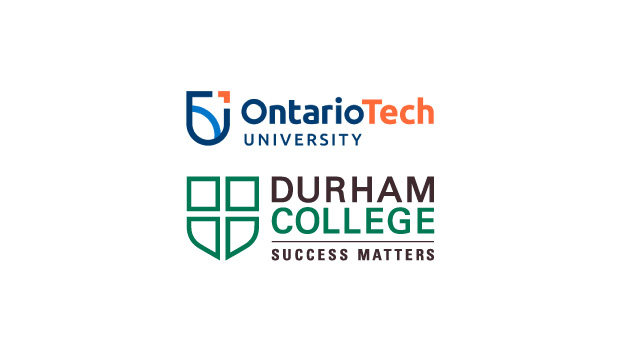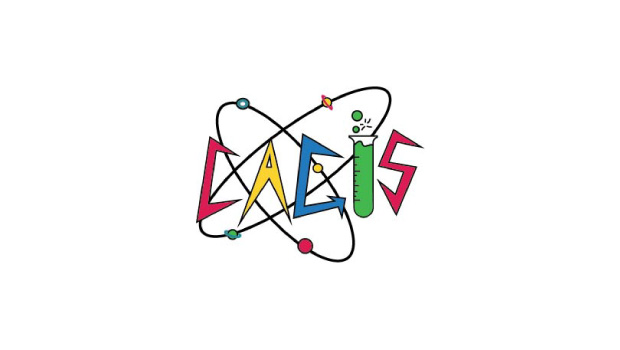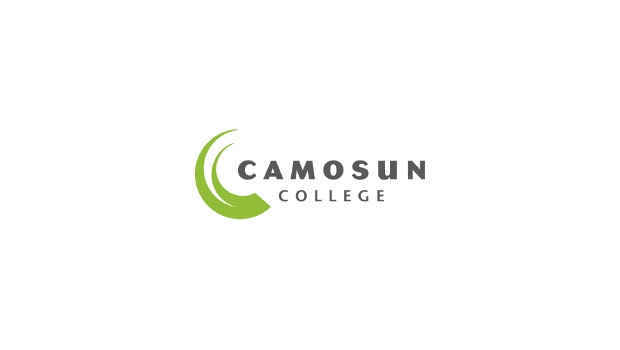
Black Youth Coding Club
This STEM program has been developed by Black STEM Students to provide Black youth with role models and a safe space to explore STEM and develop skills critical for the future. This program is offered at no cost to families with the generous support of Actua and the Government of Canada’s CanCode program.

Send Your Code to Space! (Ages 7-12)
We’re participating in the European Space Agency’s Astro Pi Challenge! Learn to code a simple program that takes a humidity reading on the International Space Station (ISS). Then, customize it with a personalized message for the astronauts on board! At the end, you’ll receive a certificate showing where exactly the ISS was when your program ran.

Send Your Code to Space! (Ages 11-16)
We’re participating in the European Space Agency’s Astro Pi Challenge! Learn to code a simple program that takes a humidity reading on the International Space Station (ISS). Then, customize it with a personalized message for the astronauts on board! At the end, you’ll receive a certificate showing where exactly the ISS was when your program ran.

Diversity, Inclusion and You
A highly effective and interactive session that helps participants navigate the complex issues around diversity and inclusion. Content focuses on the continuous process to an inclusive mindset, an introduction to unconscious bias, and the barriers and benefits to diversity and inclusion. With this increased knowledge and understanding, participants will learn to communicate more effectively and become more inclusive in their workplaces and day-to-day lives.

Storytime: Pocket Solar System
Join Let's Talk Science Outreach to read Tish Rabe's book, "There's No Place Like Space: All About Our Solar System" and complete a hands-on science activity about space!
In this activity, students will learn about the relative distances of planets from the Sun, the order of planets, and the names of the planets. They will have a chance to create their own model of the Solar System using everyday household items.
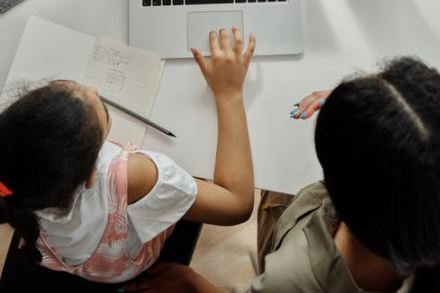
Black Girls Empowerment STEM Club (Grades 4-6)
In collaboration with Ajax Public Library and the Congress of Black Women of Canada Ajax/Pickering Chapter, the Black Girls Empowerment STEM Club aims to ignite a passion for STEM in a series of fun and engaging hands-on activities. Students will learn from Black female STEM students and explore how they can solve real-world issues and benefit society through engineering. Students will be introduced to the fundamentals of the engineering design process and will be inspired to confidently grow their digital skills.

Let’s Talk Great Lakes: Biodiversity
The Great Lakes are five lakes in North America that are all freshwater lakes. This freshwater makes up 20 per cent of the world’s surface freshwater.
Four of these lakes are located in Ontario Canada: Lake Huron, Lake Ontario, Lake Erie, and Lake Superior. Lake Michigan is the only great lake that is entirely in the United States of America. These lakes are extremely important for aquatic life, ecosystems, drinking water, irrigation, as well as transportation. Invasive species, pollution, habitat destruction, as well as climate change are having significant impacts on these lakes.
This initiative is to highlight these issues, potential career opportunities associated with the Great Lakes, as well as to give hands-on opportunities to high school students in the aquatic and terrestrial fieldwork that is performed in and around these lakes.

Black Youth Coding Club
This STEM program has been developed by Black STEM Students to provide Black youth with role models and a safe space to explore STEM and develop skills critical for the future. This program is offered at no cost to families with the generous support of Actua and the Government of Canada’s CanCode program.

Movies, TV, and Apparent Motion (Ages 7-12)
Phenakistoscopes are one of the earliest animation devices, made with a series of still images on a rotating disk. They create an illusion of movement because of the way the brain processes information. Join us to build your own phenakistoscope and explore the mind-bending secrets of apparent motion.

Movies, TV, and Apparent Motion (Ages 11-16)
Phenakistoscopes are one of the earliest animation devices, made with a series of still images on a rotating disk. They create an illusion of movement because of the way the brain processes information. Join us to build your own phenakistoscope and explore the mind-bending secrets of apparent motion.
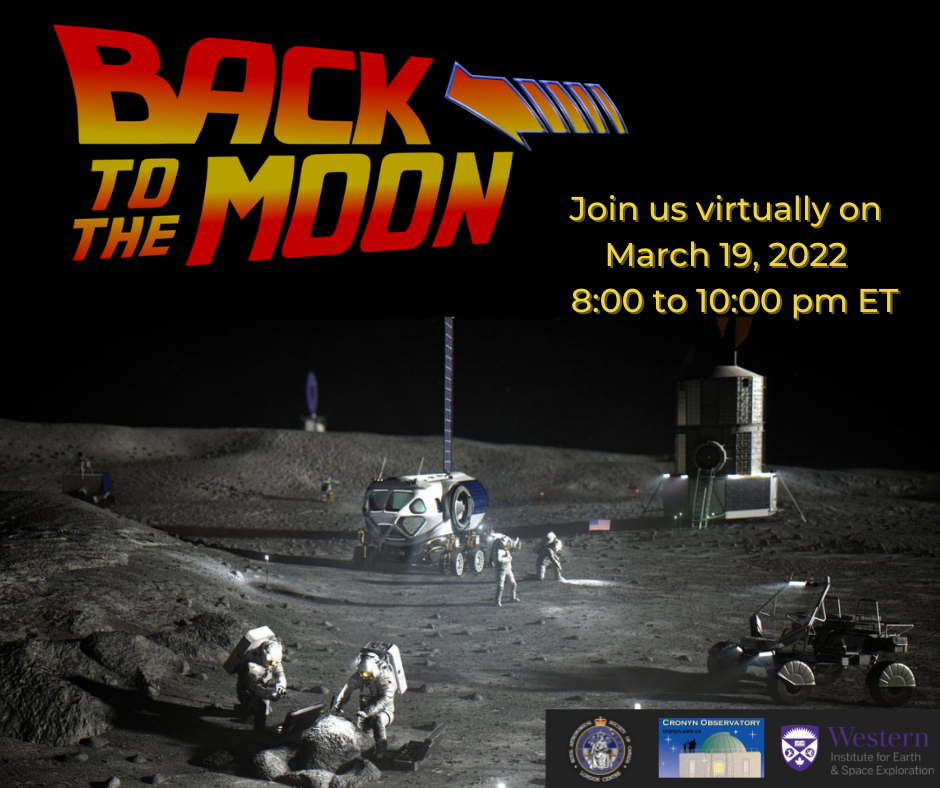
Back to the Moon
Let’s go Back to the Moon - this time to stay!
With Artemis Programme, Humanity will return to Moon and establish the first long-term presence. It is a series of missions that will land the first woman and first person of color on the Moon by 2024.
As NASA quotes ”With the help of Commercial and International partners, We will build an Artemis Base Camp on the surface and the Gateway in lunar orbit. These elements will allow our robots and astronauts to explore more and conduct more science than ever before. Then, we will use what we learn on and around the Moon to take the next giant leap: sending the first astronauts to Mars”
Artemis I - uncrewed flight test - is already almost ready for the testing phase before it is launched in June/July this year.
Come join us on March 19, 2022, to hear from experts about how we will go to Moon, Canada’s role in Artemis Programme, and many more exciting topics about Artemis Programme.
Watch live here on Facebook or Register: https://westernuniversity.zoom.us/webinar/register/WN_Ym7f8QM2TdCDkHWaXU6h-A
Reach out to us on Facebook, Instagram or Twitter at @westernucronyn
Hope to see you soon!

Inclusive Leadership
This professional development workshop explores the concept of what it truly means to be inclusive and how to lead diverse teams effectively. As a leader, you are responsible for generating trust, building authentic relationships, and effective teams. It is vital that you lead by example and inspire excellence in others. This workshop will help you to develop and apply your skills as an inclusive leader. You will learn more about working with equality and diversity to include all types of people to confidently engage with you as a leader. Leadership is about influencing others through personal attributes and behaviours.
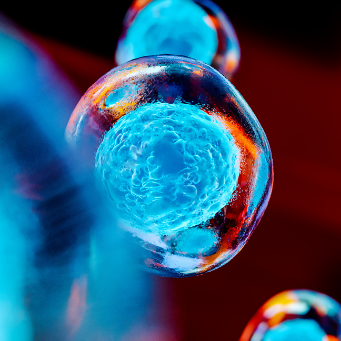
Symposium: StemCellTalks Guelph
StemCellTalks is an outreach initiative in collaboration with the Stem Cell Network and Let's Talk Science. The symposiums aim to educate high school students (grades 11-12) about stem cell science and ethics.
Join the team at the University of Guelph to dive into the exciting world of stem cell research and its applications to treatment for diabetes. Students will have the opportunity to hear talks from leading scientists involved in stem cell and diabetes research as well as participate in engaging activities!

TechConnect
The event is Launch of TechConnectNL by Women in Resource Development Corporation (WRDC). If you are a student, job seeker, thinking about changing careers, or just curious about the thriving tech sector, #TechConnectNL is for you!
TechConnectNL will feature: Exhibitor booths from industry, community groups, and post-secondary institutions; a live panel discussion with industry leaders in tech; presentations from Career & Employment Specialists and Workplace Diversity & Inclusion Specialists,: labor market information and emerging trends, and connections to employers, programs, and supports for women looking for a tech career

Curious Careers: Engineering Geniuses
Curious Careers is a STEM career exploration series for Grades 6-8. Once a month, panelists, including post-secondary students and industry professionals, will get together virtually to share their career journey in STEM and discuss how it relates to the lives and interests of the youth. Each session will focus on a different theme and will aim to explore exciting and diverse STEM fields, share what it looks like to work or study in STEM, and show students how STEM careers can be fun and inspiring.
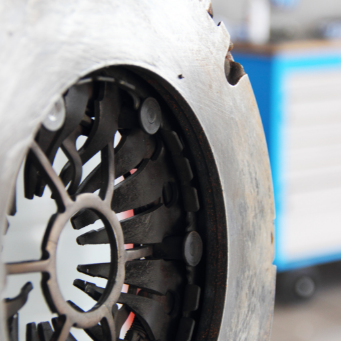
Symposium: Let’s Talk Automotive
This symposium will be a virtual event where high school students across Canada can learn about the design process, current technologies, green initiatives, and potentially what to look for in a vehicle.

Black Girls Empowerment STEM Club (Grades 4-6)
In collaboration with Ajax Public Library and the Congress of Black Women of Canada Ajax/Pickering Chapter, the Black Girls Empowerment STEM Club aims to ignite a passion for STEM in a series of fun and engaging hands-on activities. Students will learn from Black female STEM students and explore how they can solve real-world issues and benefit society through engineering. Students will be introduced to the fundamentals of the engineering design process and will be inspired to confidently grow their digital skills.

Let’s Talk Great Lakes: Climate Change
The Great Lakes are five lakes in North America that are all freshwater lakes. This freshwater makes up 20 per cent of the world’s surface freshwater.
Four of these lakes are located in Ontario Canada: Lake Huron, Lake Ontario, Lake Erie, and Lake Superior. Lake Michigan is the only great lake that is entirely in the United States of America. These lakes are extremely important for aquatic life, ecosystems, drinking water, irrigation, as well as transportation. Invasive species, pollution, habitat destruction, as well as climate change are having significant impacts on these lakes.
This initiative is to highlight these issues, potential career opportunities associated with the Great Lakes, as well as to give hands-on opportunities to high school students in the aquatic and terrestrial fieldwork that is performed in and around these lakes.
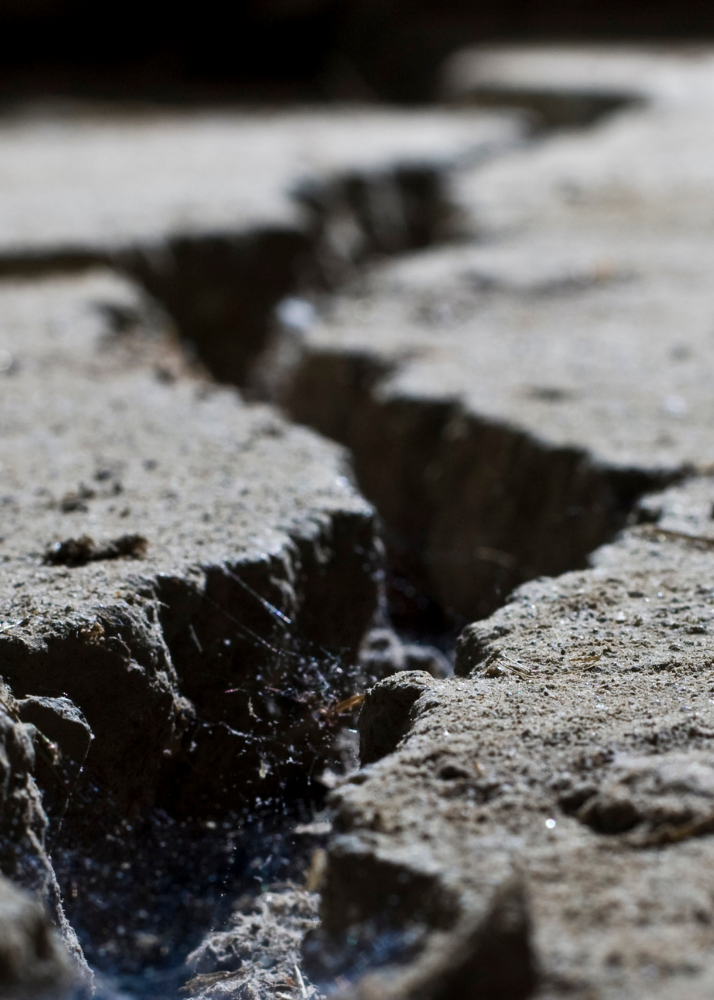
Earthquakes and Seismology (Ages 7-12)
Did you know that there is an average of 50 earthquakes a day worldwide? While scientists cannot predict exactly when or where an earthquake will happen, they can use a seismometer to collect data on vibrations or seismic activities. Join us to make your own seismometer and learn about tectonic plates and earthquakes.

Earthquakes and Seismology (Ages 11-16)
Did you know that there is an average of 50 earthquakes a day worldwide? While scientists cannot predict exactly when or where an earthquake will happen, they can use a seismometer to collect data on vibrations or seismic activities. Join us to make your own seismometer and learn about tectonic plates and earthquakes.
